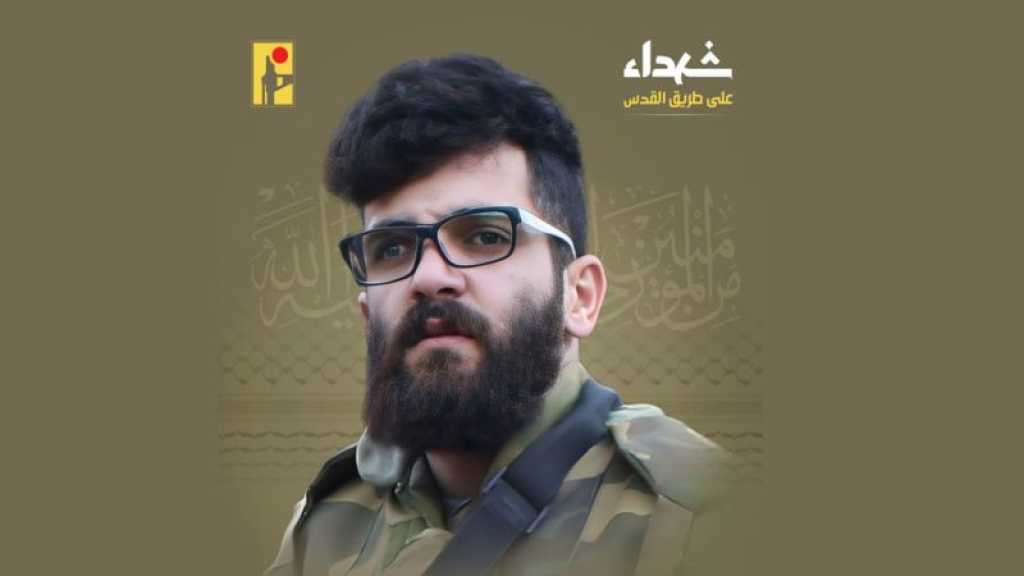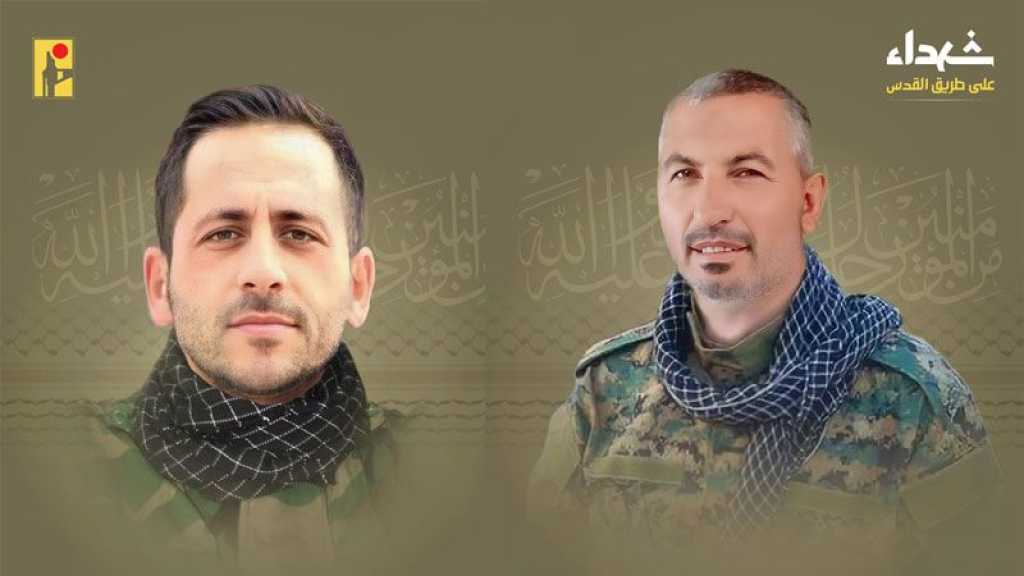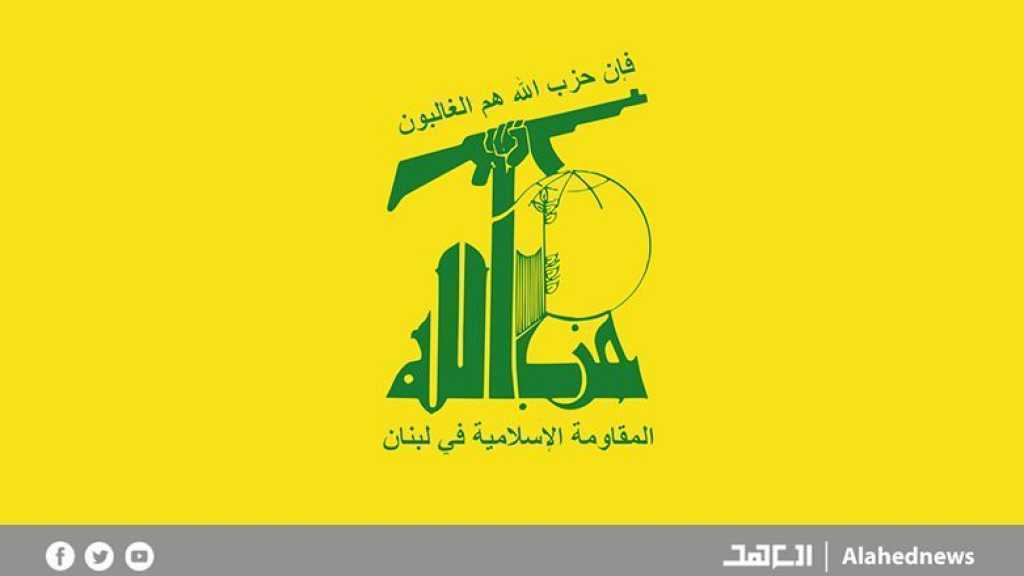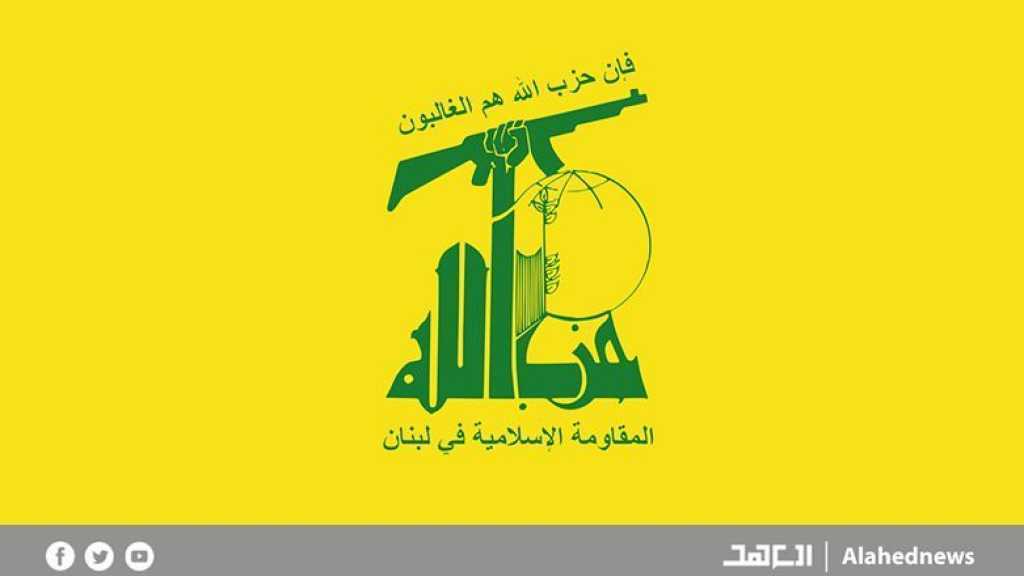
Lebanese PM Voices Concern after ‘Israeli’ Shelling of Southern Villages
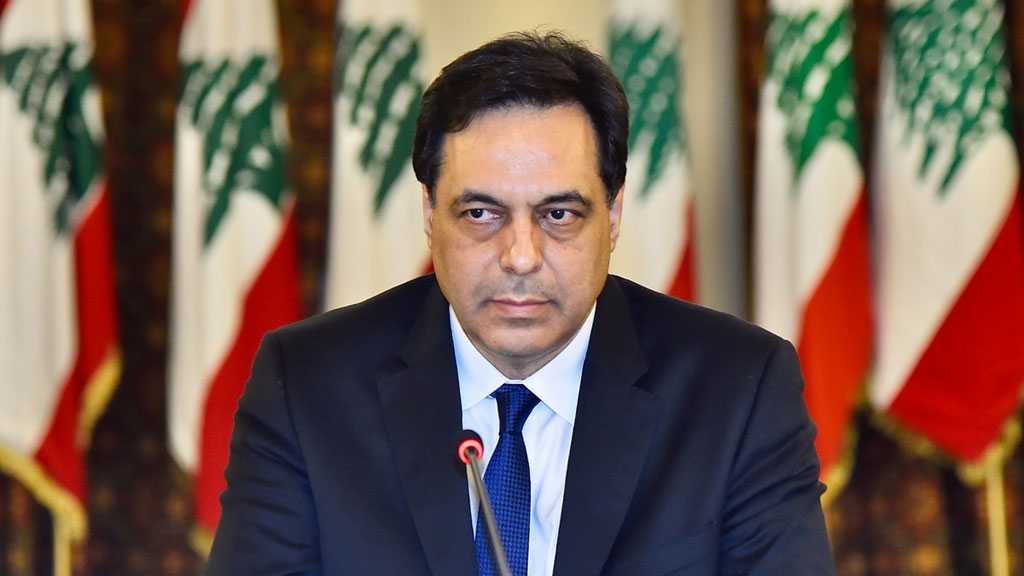
By Staff, Agencies
Lebanese Prime Minister Hassan Diab voiced concern during the Higher Defense Council meeting on Tuesday of the ‘Israeli’ entity’s recent “dangerous military aggression” in South Lebanon, warning of its bid to change the tasks of peacekeeping forces in Lebanon and rules of engagement.
“‘Israel’ assaulted Lebanon's sovereignty again and violated Resolution 1701 yesterday through a dangerous military escalation. The enemy is seeking to amend the tasks of UNIFIL and the rules of engagement," said Diab in his government's first official response to Monday's shelling.
"I call for caution in the coming days because I fear that things will get worse in light of severe tension at the border," he said.
On Monday, a security incident took place along the Lebanese border with the occupied Palestinian territories, specifically in the ‘Israeli’-occupied Lebanese Shebaa Farms. The ‘Israeli’ entity initially claimed it had repelled a Hezbollah infiltration attempt to the occupied territory.
Hezbollah, however, confirmed in a statement that it did not take part in any clash and did not open fire.
The statement rejected all reports of ‘Israel’ thwarting an infiltration from Lebanon as completely false.
Diab on Tuesday accused ‘Israel’ of trying to "change the rules of engagement," that have been imposed since the 33-day July 2006 ‘Israeli’ aggression against Lebanon.
He also said that ‘Israel’ was pushing to alter the mandate of UNIFIL before it expires late next month.
In early May, the US ambassador to the UN, Kelly Craft, called on the world body to "pursue serious change to empower UNIFIL or realign its staffing and resources," claiming that the mission was being "prevented from fulfilling its mandate."
Hezbollah Secretary General His Eminence Sayyed Hassan Nasrallah swiftly rejected the proposal which he said was an ‘Israeli’ demand.
Comments
- Related News
